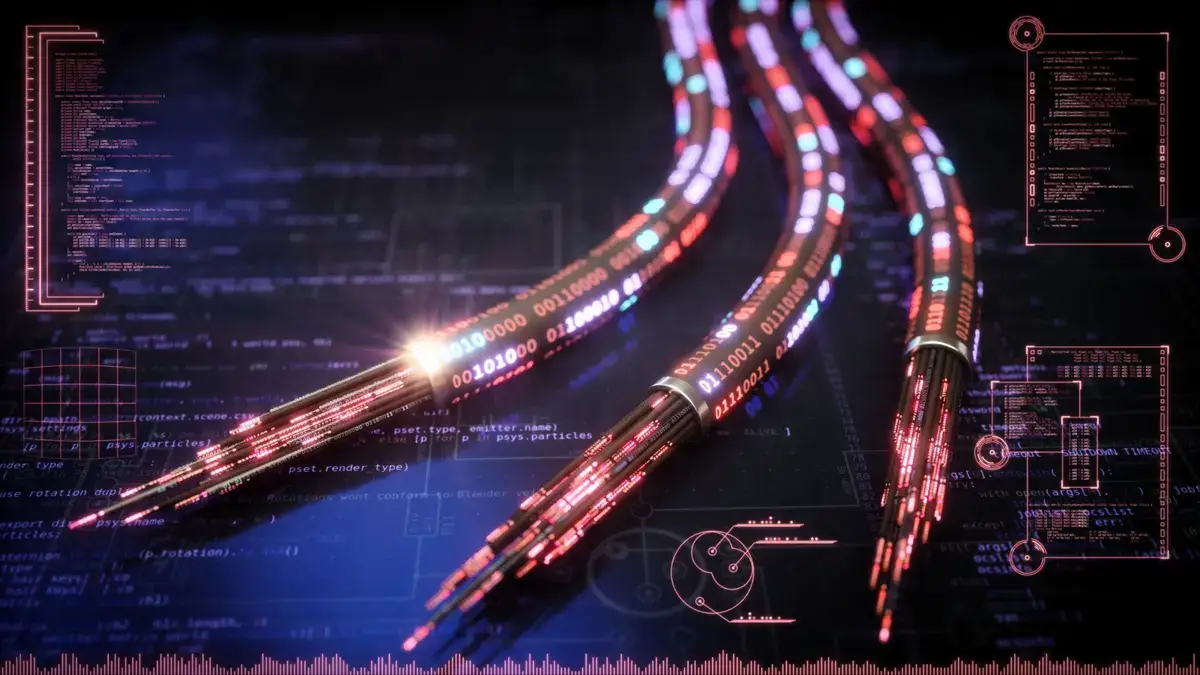An unexpected acceleration in Earth’s rotation has sparked intense debate among Indian scientists and captured the attention of global media and social platforms. As reports circulate that the planet is spinning marginally faster, “shortened” days this summer, and prospects of a “negative leap second,” experts are divided over whether this trend is a remarkable geophysical anomaly or a temporary fluctuation—raising both scientific curiosity and practical concern.
The Unfolding Phenomenon
The International Earth Rotation and Reference Systems Service (IERS) and analysis from websites like TimeandDate™ have confirmed that Earth’s rotation has accelerated since around 2020, with the institution alluding to the potential removal of a leap second by 2029—the first ever of its kind. Summer 2025 is expected to feature three of the shortest days on record—July 9, July 22, and August 5—each perhaps 1.3 to 1.5 milliseconds shorter than the standard 24-hour solar day.
Key metrics:
- July 9: −1.30 ms off average
- July 22: −1.38 ms off average
- August 5: −1.51 ms off average
- Shortest year-to-date: July 5, 2024 (−1.66 ms)
Given these trends, IERS warns of the need for a negative leap second addition by 2029 to realign civil timekeeping—a concept previously unheard of and prompting sustainability concerns
The Scientific Debate
1. Transient Fluctuation or Deep-Seated Shift?
Earth rotation researcher Leonid Zotov from Moscow State University has expressed surprise at this acceleration:
“Nobody expected this. The cause of this acceleration is not explained. Most scientists believe it is something inside the Earth. Ocean and atmospheric models don’t explain this huge acceleration.” (indiatimes.com)
Similarly, geophysicist Duncan Agnew from Scripps Institution of Oceanography noted that although the phenomenon is “unprecedented,” it remains non-impactful to everyday life but scientifically significant. (thehindu.com)
2. Competing Mechanisms: Core vs. Climate
- Internal core dynamics remain the prime suspect among geophysicists. Zotov emphasizes that the swift change in daily duration likely originates deep within Earth and is unlikely tied to atmospheric or surface dynamics.
- Climate-driven mass redistribution, chiefly through polar ice melt and shifting water to the equator, also plays a role in altering Earth’s moment of inertia—though this typically slows rather than accelerates rotation.
Research led by Surendra Adhikari of NASA JPL and ETH Zurich’s Benedikt Soja shows human-influenced melting ice is slowing Earth’s rotation at a rate of around 1.3 ms per century—a trend projected to accelerate if emissions persist.
Winds, tectonic movement, ocean circulation cycles, and background tidal slowdown (about ~2 ms per century) complicate the narrative. The current acceleration since 2020 is believed to be the net result of counteracting factors, some speed-up (core dynamics) and others slowdown (climate) .
3. Timekeeping Precision & GPS Integrity
India’s space and communications experts are closely monitoring the issue. Atomic clocks, used in UTC standards since the 1960s, rely on leap seconds to align civil time with Earth’s rotation. While standard practice has involved positive leap seconds, the possibility of a negative one in 2029 energizes new technical preparations .
Agence consensus:
- Judah Levine of NIST downplayed the impact: “The kind of event that would move enough mass to affect the Earth’s rotation in a way that is perceptible to humans would be… something dire like the planet being hit by a giant meteor.”
- Melissa Goldin of AP reaffirmed that no immediate concern arises from this change, while urging that summary counter-misinformation (apnews.com)
However, systems like GPS, stock exchanges, and satellite networks depend on nanosecond precision, meaning even millisecond shifts can ripple through global infrastructure
Policy Stakes & Commercial Relevance
Indian Space Research Organisation (ISRO) is expected to convene a technical committee later this month to assess global coordination on potential negative leap second implementation.
Commercial stakes:
- Technology firms (e.g., TCS, Infosys) and financial institutions have quietly begun auditing their systems for alerts or triggers based on time discontinuities.
- GPS device manufacturers (such as Magellan/Trimble) are reviewing firmware and synchronization protocols to accommodate negative leap seconds.
Earth-observation and climate startups are spotlighting the narrative to underscore how climate change can effect even fundamental global constants—clearly useful for marketing geospatial precision offerings.

Expert Voices
Leonid Zotov (Moscow State University):
“Nobody expected this… cause… not explained… likely internal.” (popularmechanics.com)
Duncan Agnew (Scripps):
“It’s not a huge change… but it is something notable.” (thehindu.com)
Judah Levine (NIST):
“If those measurements get too out of sync… may fix discrepancy by adding leap second.” (apnews.com)
Surendra Adhikari (NASA JPL):
“This is a testament to the gravity of ongoing climate change.” (jpl.nasa.gov)
India finds itself at the intersection of a geophysical curiosity and an engineering challenge. Whether Earth’s recent rotational acceleration signals deeper core processes or climate-mediated variability, the consequences are undeniable. Timekeeping systems, space missions, financial technologies, and national sovereignty debates now hinge on microseconds.
As India’s scientific community thrives—balancing nuclear clock standards, leap second systems, and advancing space infrastructure—the world watches for the first negative leap second.
This summer’s ultra-short days mark more than a handful of missing milliseconds; they highlight a planet in subtle flux, challenging humankind’s quest to measure and master time.






